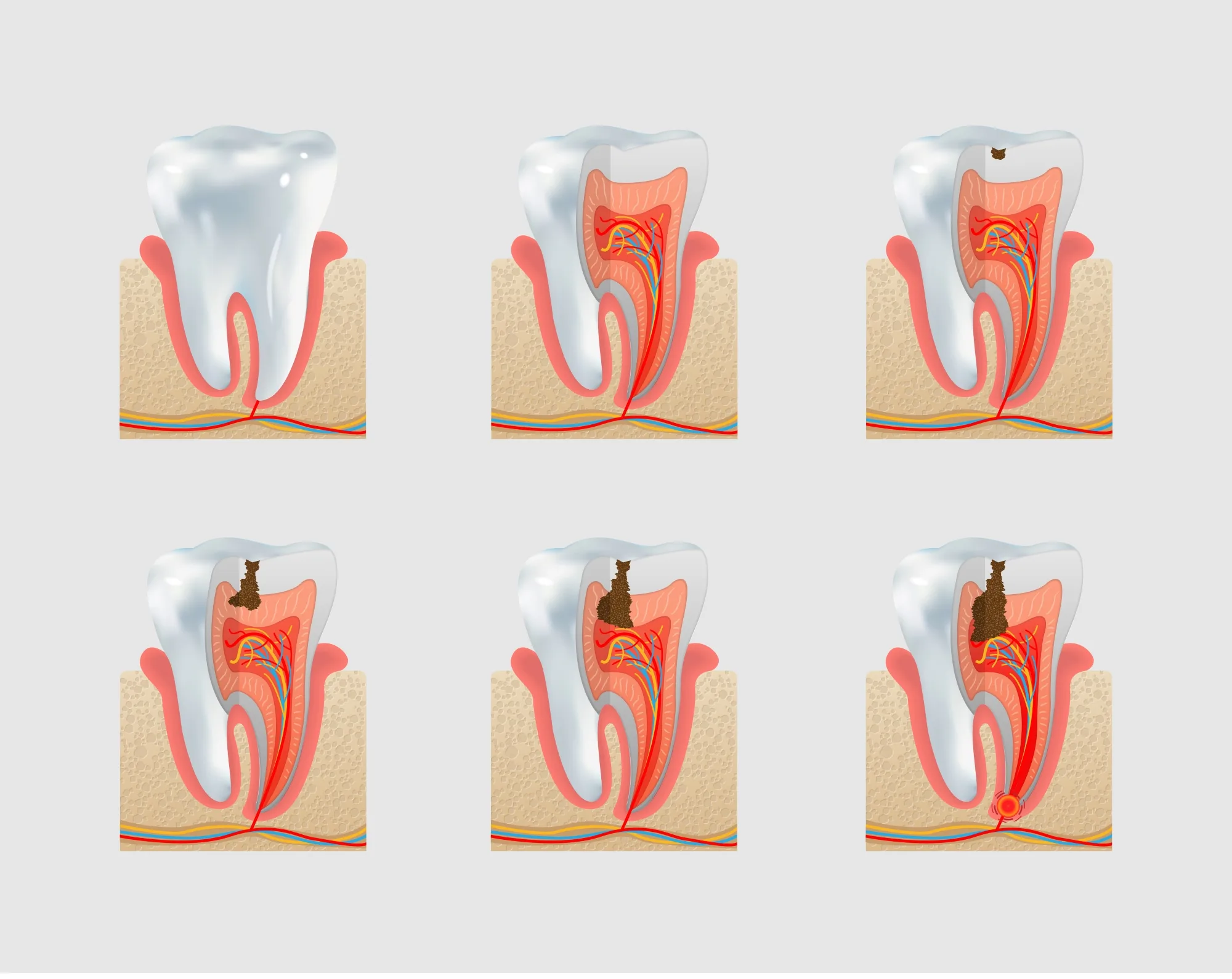
We all tend to chew gum, whether it’s to freshen our breath or just for the flavor your favorite gum delivers. But is chewing gum bad for you? Find out more about the benefits and effects of chewing gum on teeth.
Is Chewing Gum Good for Your Teeth?
The answer is yes if it is the right kind. There are several benefits of chewing gum to consider:
It can help prevent tooth decay, as long as you choose a sugarless gum.
It causes your mouth to produce more saliva, which helps neutralize and rinse away some of the acid that forms in your mouth when you break down food.
The minerals generated by the extra saliva can even help strengthen your tooth enamel, which also reduces your risk of a dental cavity.
Is Sugar Free Gum Bad for Your Teeth?
Sugarless gum is not bad for your teeth.
Parents can share this oral care tip with children and teens, who often chew gum. Just be sure that they choose sugarless gum, not a sugary bubble gum which can be bad for you.
Rather than delivering the positive benefits of chewing gum, bubble gum or other sugary forms of gum can have the opposite effect and contribute to the buildup of plaque on teeth. So, if you are uncertain about which gum is best for promoting oral health, look for a sugarless gum for yourself or your family members.
But remember (and remind children) that gum-chewing, even sugarless gum, is not a substitute for a regular oral care routine of twice-daily tooth brushing and daily proper flossing with quality dental care products like an Oral-B iO Electric Toothbrush. The iO Series consists of brushes that are perfect for the whole family, including the Oral-B iO My Way for kids ages 10+.
Related Articles
Sign Up
for expert advice and exclusive offers










